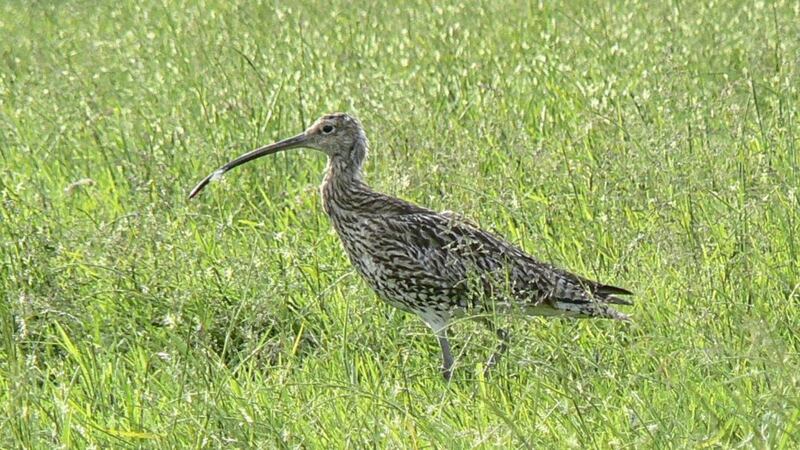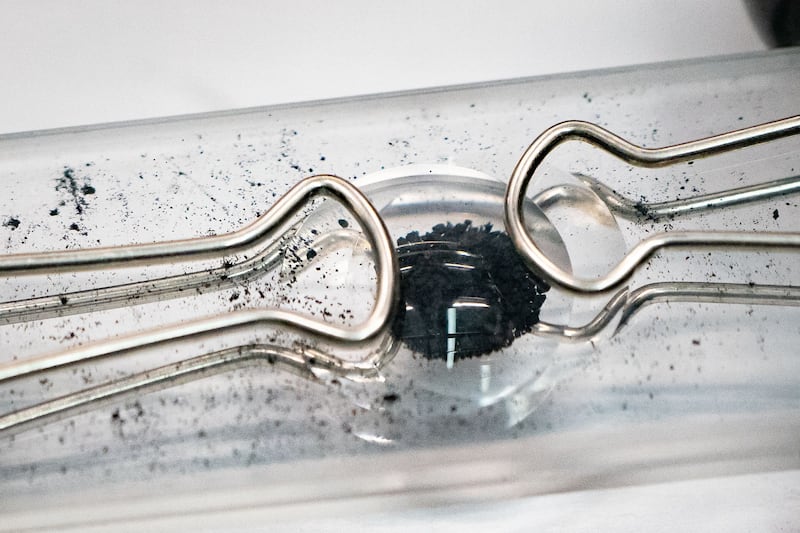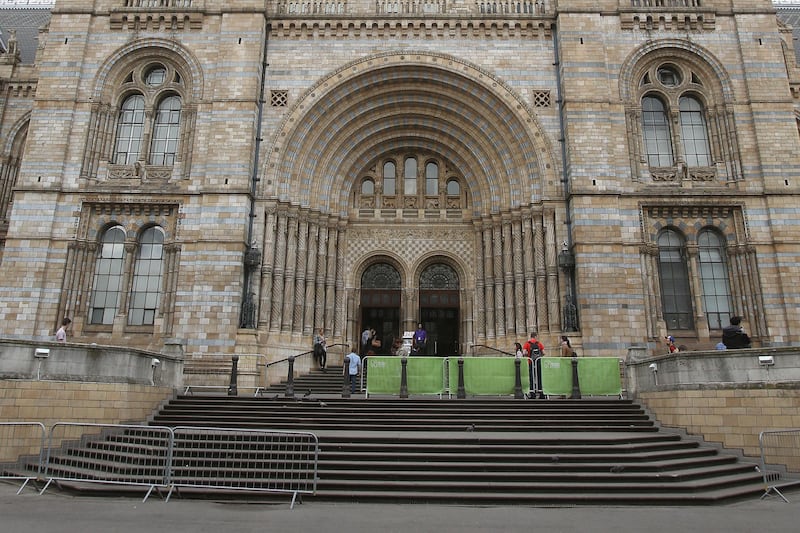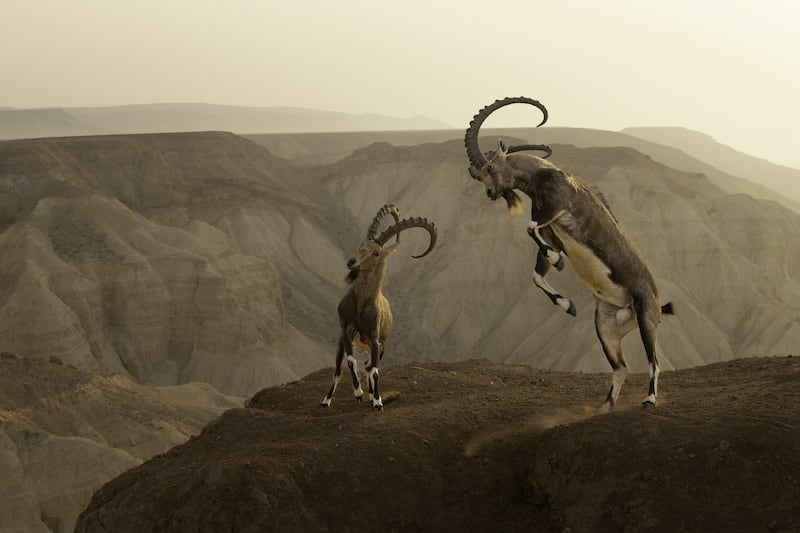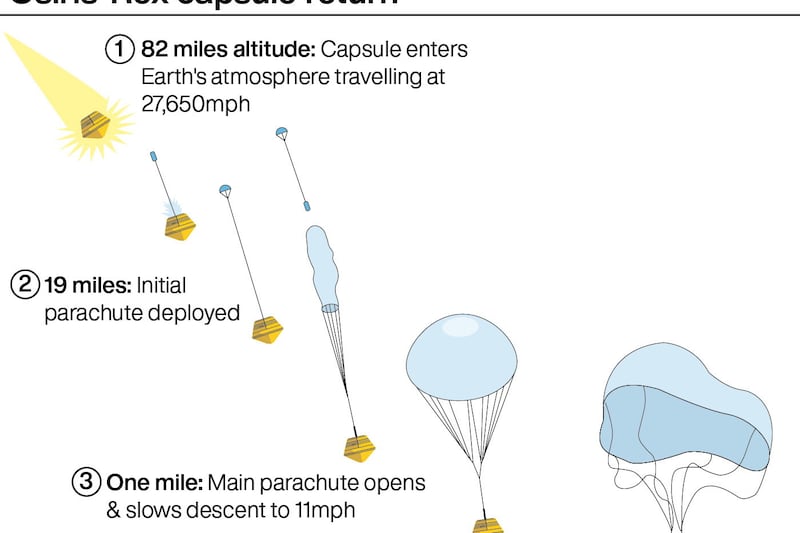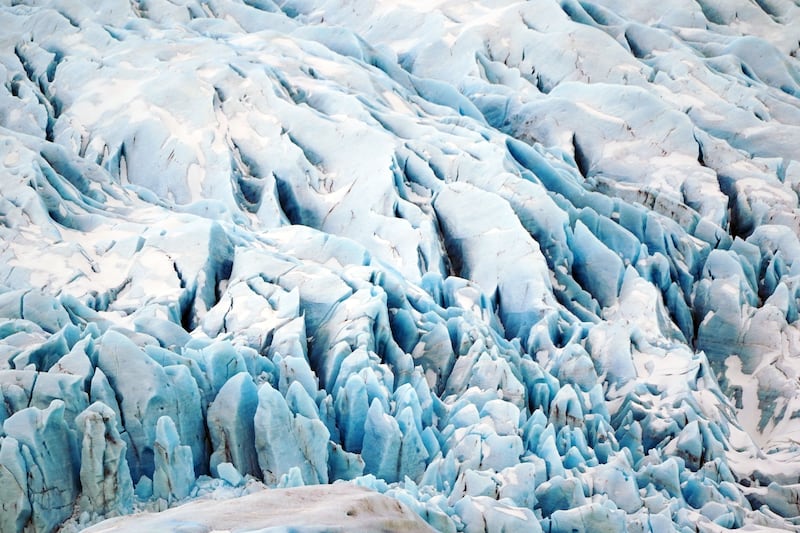RESEARCHERS say "faster action is needed to bring nature back" to Northern Ireland after new data revealed it ranks as one of the worst locations for biodiversity.
A survey by the Natural History Museum, in collaboration with the RSPB, found that the north is 12th worst for biodiversity loss out of 240 countries.
The findings, revealed in new global league tables for biodiversity, also show that the Republic is ranked 13th.
The two organisations said the findings should act as "an urgent wake-up call that more and faster action is needed to reverse the terrible losses in wildlife seen in recent decades".
In Northern Ireland, 80 per cent of the curlew population has been lost since 1987, with Fermanagh and the Antrim Hills the last remaining hotspots, while 11 per cent of all wildlife in the north is now threatened with extinction.
Joanne Sherwood from RSPB NI said: "These league tables make for difficult reading and set the scene for the scale of the task before us. But we don’t have to continue like this; there is an opportunity to change and make the next decade count.
"Science-based analysis like this underlines that we must make urgent progress and investment if we are to avoid even more nature vanishing by 2030.
"We will be calling for 30 per cent of land to be protected by 2030 as committed to by the Prime Minister earlier this week.
"The Prime Minister promised to work with the devolved countries of the UK, and RSPB will be seeking clarity from the Northern Ireland Executive as to how it plans to meet this important milestone.
"If we want nature in Northern Ireland to recover, transformative solutions to match the scale of the crisis must be put into action now.
"Only targets in law will have the necessary traction to secure the changes that are so desperately needed."
Adriana De Palma from the Natural History Museum said: "The rapid disappearance of species and ecosystems is a global disaster - it requires a global solution.
"We must act but we must also avoid falling into the trap of preserving or improving our biodiversity levels at the cost of exporting losses to other countries."
